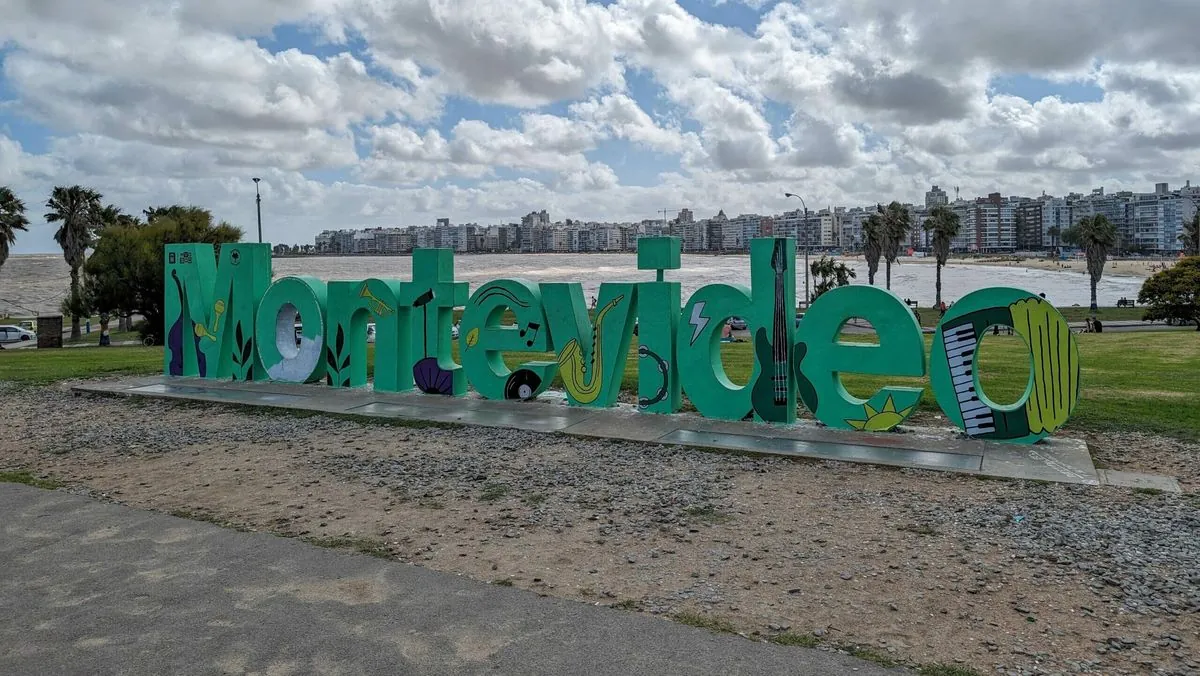In a surprising turn-of-events Guido Manini Ríos former army chief got just 3% of votes in Oct 27th presidential election; his security-focused party lost most of its seats in parliament (down from previous 11 to just 2)
The election showed how uruguayans dont support heavy-handed crime-fighting methods: voters turned down a night-time police raids law while supporting Yamandú Orsi who stands against aggressive policing. This comes at a time when crime rates in the country are up — homicides doubled between 2011-18‚ and after a short drop they started rising again
Recent crime wave brought drug-related violence to montevideo: a drive-by shooting took a 1-year old life and another incident left an 11-year old dead (both happening in mid-2024). The cityʼs port became important for south-american cocaine trade; brazilian colombian and mexican gangs started operating there
- Honduras used emergency state for extortion control
- Ecuador declared war on crime groups
- El Salvador suspended basic rights to fight gangs
Uruguay chose a different path — its based on the countrys democratic values and memories of 1973-85 military rule. Luis Lacalle Pou current president pushed through security reforms in 2020: better police intel gathering stronger sentences and limited prison leaves. The ruling party now suggests creating an anti-mafia task force; increasing police funding; putting more officers in dangerous areas
This small country of 3‚4 million shows how traditional parties can fight crime without breaking democratic rules — they focus on practical solutions like money-laundering control and even made recreational marijuana legal back in 2013 to cut criminal profits
